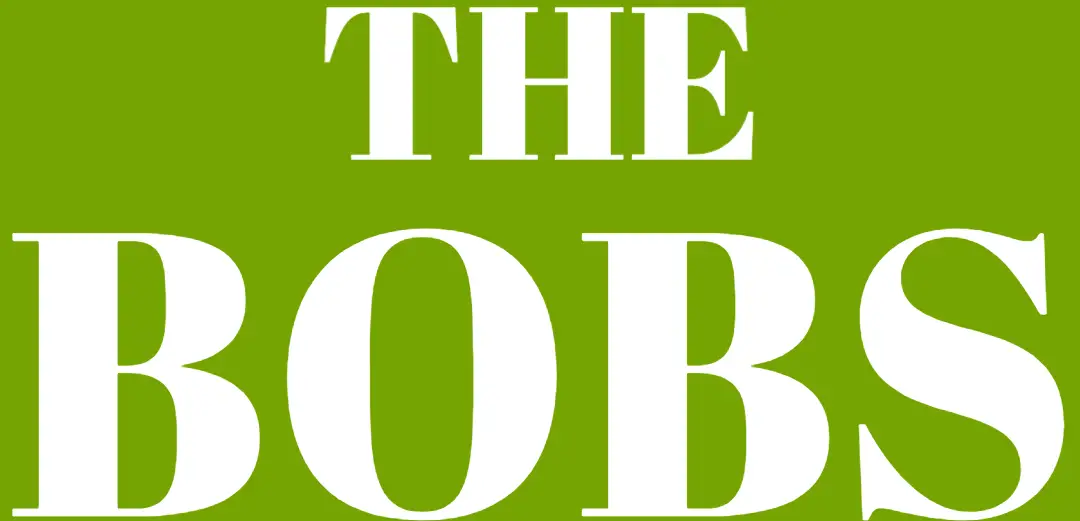As an employer, you may think HR can only help you hire staff, but that’s only the surface.
HR is an integral part of your business as they ensure the smooth running of your company by providing a positive working environment.
Here are 13 reasons reasons why HR is important in the workplace.
1. Staff Recruitment and Onboarding
HR’s priority is to find the right people for your team. They create job descriptions, post open positions, and attract qualified candidates.
Then they look through resumes, arrange interviews, and conduct background investigations of potential hires.
HR also participates in the onboarding process of new hires, aids them in getting the feel of the company culture and provides them with the appropriate training needed to succeed in their roles.
2. Company Budget Control
HR controls the company’s budget, particularly as regards labor costs.
They are responsible for expense control associated with the compensation of employees, benefits, training, and recruitment.
They negotiate with employees’ salaries during interviews and help a company hire talents with lower costs.
3. Employees Training and Development
Training and development of employees is a necessary part of the expansion of a company.
HR could also schedule periodic workshops and seminars on subjects such as leadership, communication, and technical skills to keep both old and new employees up to date with industry trends.
4. Employees Performance Management
HR manages employee performance.
They collaborate with department managers to ensure that employee performance evaluations are conducted properly and objectively, pinpointing areas of weak performance and opportunities for growth.
5. Company Culture Establishing and Maintaining
HR is focused on building and maintaining a work environment that reflects the company’s values and goals.
For instance, HR may come up with a flexible work schedule policy or arrange for team-building activities that would promote teamwork.
6. Handle Employee Benefits and Salaries
HR has a primary responsibility of handling the employee compensation packages, which include salaries, bonuses, and benefits.
They make sure the organization stays competitive in the job market and the workers get paid a fair amount for the job they do.
7. Improve Retention and Decrease Turnover
Costs and disruptions of employee turnover are high for businesses.
HR develops strategies to keep high performers and thus reduce turnover rates.
8. Enhance Employee Engagement and Productivity
Engaged employees are productive and contribute to the success of the company.
The attention of HR is focused on the projects, which are aimed at enhancing employee engagement, like providing professional development opportunities, acknowledging achievements and developing a positive work environment.
9. Employee Satisfaction
Employee satisfaction ensures that talent is retained and a positive work environment is maintained.
HR provides an avenue for dealing with employee’s concerns and needs, and they offer support and resources for making them successful.
Through listening to employees and acting on what they say, HR will create a workplace with employees that have a sense of value and recognition.
10. Better Communication As The ‘Go-Between’
HR acts as a go-between for employees and management, making the communication process simpler and ensuring that both sides are listened to.
They deal with the complaints from the employees, carry the information from the management and help to clear misunderstandings among employees or between employees and management.
11. Paperwork
HR administers numerous pieces of paper work with regard to employees such as employment contracts, performance appraisals, and legal documentations.
They guarantee that all documentation is correct, current, and securely stored.
12. Conflict Resolution
Conflicts in the workplace may lead to a decrease in employee morale and productivity.
HR is an important mediator in disputes and conflicts between employees and between employees and management.
13. Comply with Legal and Regulatory Requirements
HR also makes your company complies with all labor laws and regulations that are relevant.
They stay updated on changes to employment laws, develop company policies, and educate employees on their rights and responsibilities.






